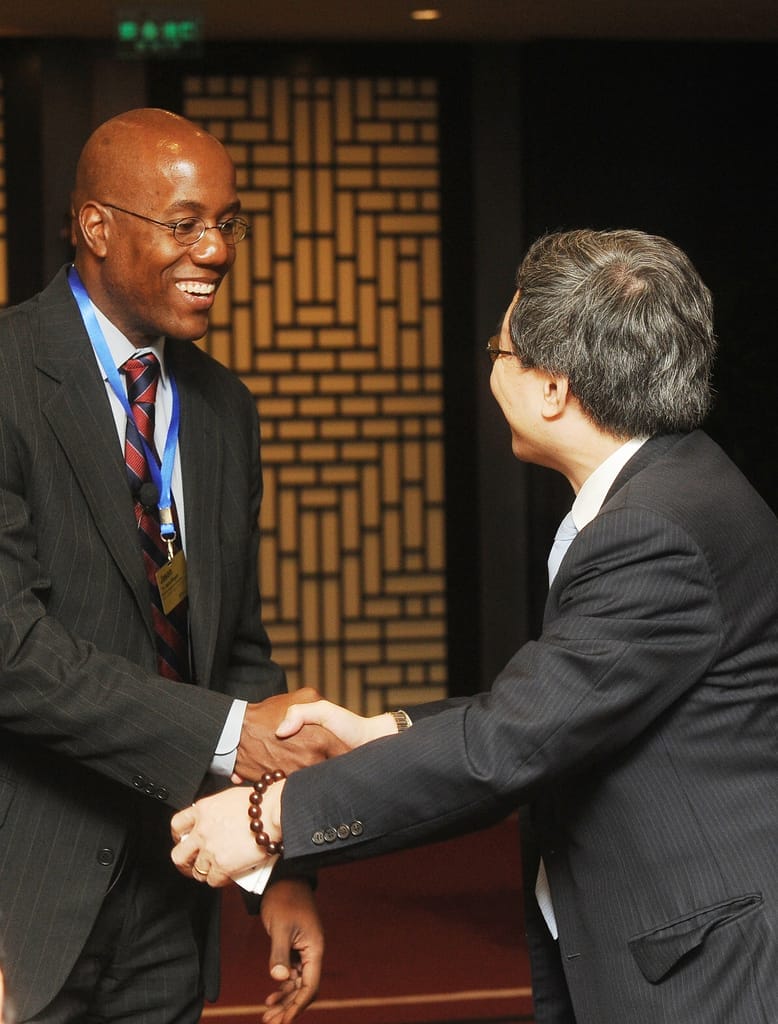Eight months have passed since I’ve taken the reins as Vice Dean of Executive Education at Wharton. My inaugural experience has been a cross-continent sprint—meeting alumni and executives in France, Brazil, Korea, Spain and Singapore, and working on a strategy that will extend Wharton’s global reach through executive education.
My vision for Wharton aligns closely with Dean Robertson’s: To see the School serve as a force for good in the world. We want our efforts in executive education to help expand prosperity in both developed countries as well as emerging markets. Of course, to do this, we will rely heavily on our partnership with Wharton faculty. You are familiar with the caliber of our faculty’s intellectual capital and research, and they are absolutely integral to the value and impact of the 55 open enrollment programs and 111 custom programs that we deliver to companies around the world.
As we design programs that anticipate the needs of executives and organizations in the months ahead, I am keeping a close eye on a number of factors that are shaping world markets. These include shifts in behavior among developed-economy consumers affected by stagnant income, job losses, and de-levering of debt. Also, there are business-model challenges for global companies competing in emerging markets where strong competitive alliances and public/private coalitions give companies with government backing a significant competitive advantage—particularly in Asia.
With global markets undergoing such significant shifts, and economic challenges continuing in many regions, businesses are increasingly turning to us for help in remaining strong and viable while navigating unsteady ambiguity. At the Global Alumni Forums in Seoul and Madrid earlier this year, and in meetings in São Paulo, Singapore and Paris, I’ve spoken with business leaders from these regions to discuss how Wharton can help global companies meet these impressive challenges. My meetings have given me a deeper sense of Wharton Executive Education’s value proposition as the world’s business partner.
I see our role as bringing together some of today’s most brilliant business minds in a blended approach to learning that has immediate value and application on the job. Looking ahead, we are strategically reconfiguring our open enrollment programs to include international offerings in India and China that will address the evolving needs of executives in these markets. As we extend the global reach of Wharton Executive Education, I look forward to meeting with many more Wharton alumni around the world.

























